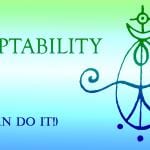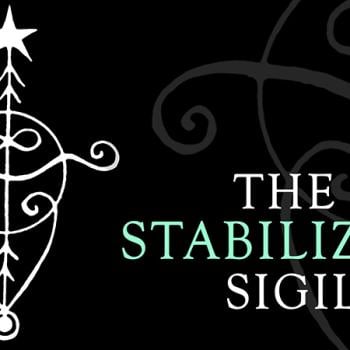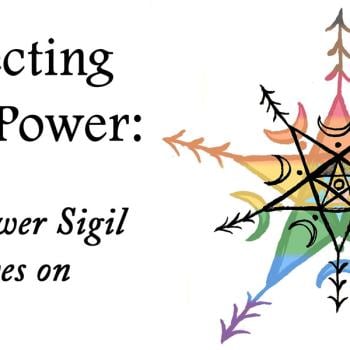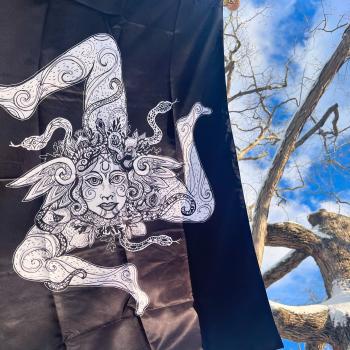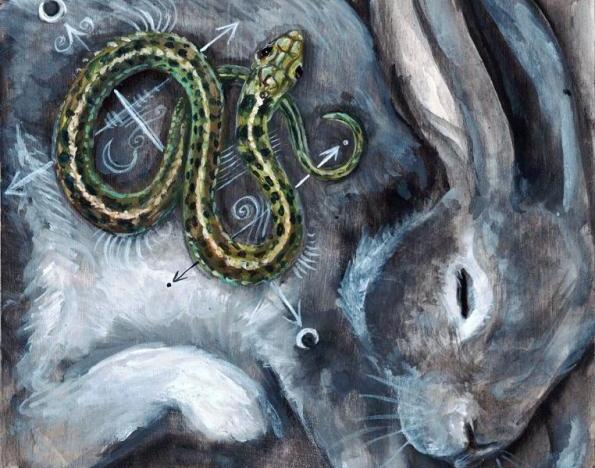
As I’ve been pretty busy working on projects and getting out a Witchual Workout every day, my “6 Minutes of Witchcraft” videos have been on the backburner. Then yesterday as I was working on a book cover, I finished up the most recent episode of the latest podcast I was listening to, which was Homespun Haints. I sat down to figure out what I was going to listen to next when Amy Blackthorn’s latest episode of the Blackthorn Grove podcast showed up in my feed. I figured that was definitely a poke from the Fates, so I had a listen.
The subject was competition in Witchcraft, and Amy had a lot of poignant things to say. Here’s a direct link to that episode – (note there’s some dead air in the beginning in a spot or two, so move ahead if you don’t hear anything): https://anchor.fm/BlackthornGrove/episodes/Competition-in-Witchcraft-ej0cme
I thought about the episode more as I made dinner and then got ready for my weekly Patreon Zoom experience with my patrons. I actually found myself with about 20 minutes to kill – and my tablet was charged, so I did a spontaneous 6 Minutes of Witchcraft episode. (More thoughts after the video…)
Competition in Witchcraft (or the Arts) is a rather silly thing, no matter which way you stir the cauldron. There’s a difference between wanting to create a successful shop, event, service, or product – and constantly worrying about what everyone/anyone else is doing. And for your own personal path, all that matters is what works for your practice. It’s your choice, and choice is a beautiful thing here.
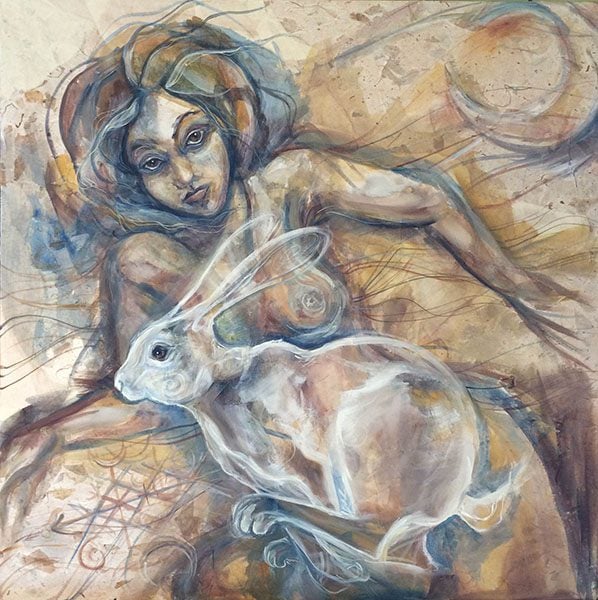
As I said in the video, I didn’t want to repeat too much of what Amy said (be sure to listen to her podcast!) To build upon what I mention a bit more (because I could talk for hours about this), here’s a couple more specific things to think about:
Shops:
I think about places that play home to several metaphysical/occult stores that are in close proximity to each other (Seattle, Salem, New Orleans, Glastonbury, London all spring to mind – and there’s many more), and what makes businesses successful in those “competitive” areas is a shop that is able to offer something unique or has a certain specialty or offering you can’t get anywhere else. The places that look like a Pyramid or AzureGreen catalog come to life – and that’s all they do – don’t last long. But the ones that are community hubs, that are known for certain readers, or an extensive collection of books or tarot decks, or the best herbs, for having unique arts, etc – they tend to stick around. They create places you WANT to go to, that you know will have what you’re looking for.
Events:
As I mentioned in the video, I’ve been producing events for decades. All kinds, large and small. I’ve also attended all kinds of events all over the world. Just like shops, every one has a particular feel and flavor – created by the combined energies of the event producers, the attendees, the format, and (if not virtual) the location. There are events for certain traditions and magical orders, events for all paths, ones for newbies, ones for intermediate to advanced, ones that are for fun and others that are for study. Some are well-organized with attention to detail from the start and others manage on for years by despite being chaotic and haphazard. Some people want huge events and others want intimate affairs, some people want to be in hotels or campgrounds, and others don’t want to or can’t leave their homes. An event that is successful focuses on creating an experience for its attendees and working to maintain that vision. Simple as that.
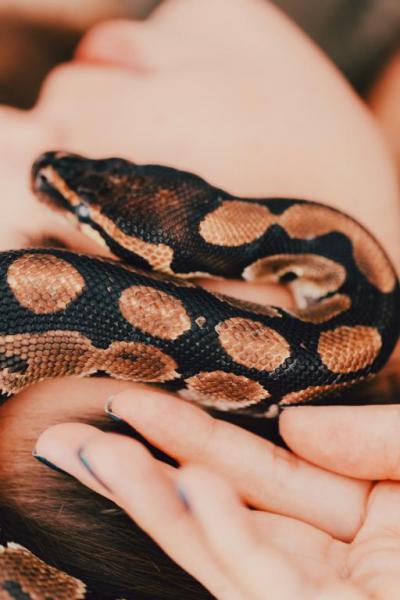
Arts, Services, Originality & Imitation:
No matter what I have done, there’s always been someone out there a few steps behind trying to copy me. This used to drive me nuts when I was younger: people lifting my workshop material, copying my events, stealing my costume designs and selling knock-offs, and the list goes on and on. The thing is: those folks will always be behind me because they’re following the creative source rather than BEING a creative source of their own. So you can either let yourself being exhausted and angry about those people, or you can leave them in the dust. Whether you’re making art or offering a service, focus on what makes it special and unique to you – and people will recognize that. Those that don’t are rarely worth your time.
There’s also the case of what I call “the slutty muses” and what’s known in science as “multiple discoveries.” That sometimes, an idea simply has seeded itself all over in completed unrelated places, spawning at all about the same time. No one is copying anyone, it’s just that the time for that idea to come out has sprung. When presented with a problem, humans do have a tendency to work to find a solution – and sometimes those solutions can be similar. (I could probably make a whole other episode about copyright infringement in regards to art, illegal PDFs, counterfeit printings, etc – but let’s save that for another time.)
Collaboration:
The best communities and relationships involve active collaboration and celebration of diversity. Working together fosters respect, enables understanding, and grows wisdom. Different viewpoints, paths, backgrounds, and experiences help us all learn, strive to work harder, and thrive together.



